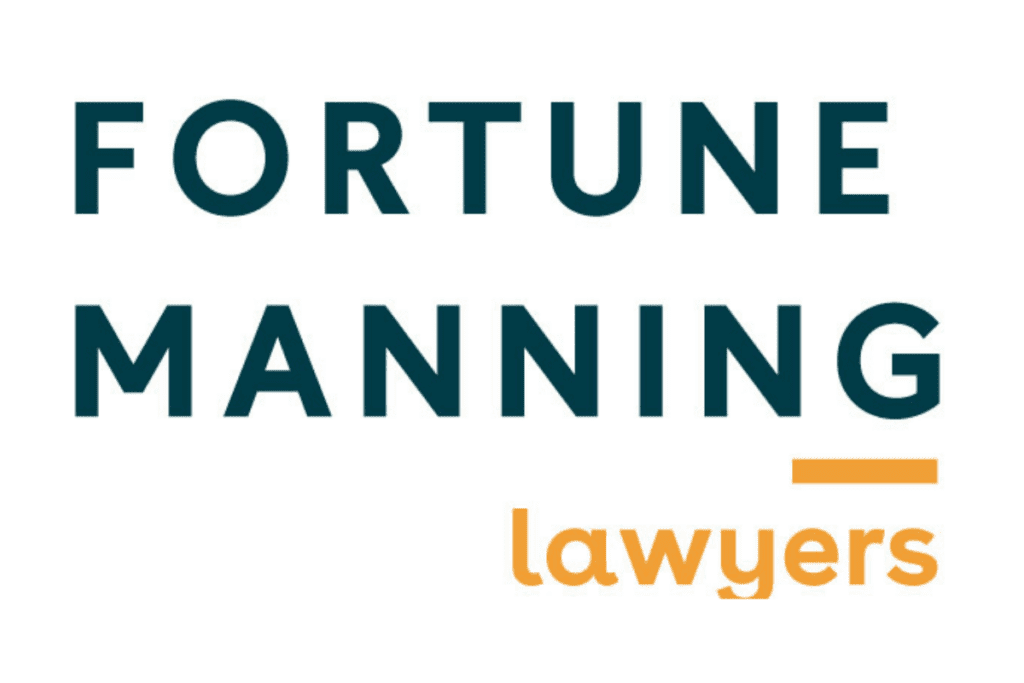The Human Rights Review Tribunal ordered KAM Transport Limited (KAM Transport) to pay $30,000 to its ex-employee, Mr Cummings, for humiliation and loss of dignity caused by disclosure of his personal information to another employee.
Mr Cummings was employed as a truck driver by KAM Transport and he refused to undergo a random drug test as required by KAM Transport.
Mr Cummings was immediately stood down and made subject to a disciplinary process for his refusal. Only a small group of people at KAM Transport knew of the refusal and were involved in the disciplinary process.
The Branch Manager of KAM Transport, who was in the know, then told another employed truck driver that Mr Cummings had refused a random drug test.
Mr Cummings subsequently underwent a drug test which was negative and resumed work. Soon after his return to work, he came across a customer who told him he had heard he was a drug dealer and had been dismissed from his job. Mr Cummings raised this with KAM Transport and asked it to investigate his concern that his personal information had been disclosed. KAM Transport conducted an investigation and found there was no evidence to substantiate such disclosure had been made. Mr Cummings resigned from KAM Transport citing, among other things, that he had lost trust in KAM Transport.
Mr Cummings lodged a claim before the Human Rights Review Tribunal (the Tribunal) that KAM Transport had interfered with his privacy by disclosing without authorisation his personal information regarding his refusal to undertake a drug test, in breach of the Privacy Act 2020. KAM Transport denied such disclosure occurred, and in the alternative, submitted any disclosure would have been made “outside the scope of their employment”. In other words, KAM Transport submitted whatever conversation the Branch Manager had with another truck driver, it was a friendly chat. The Tribunal rejected this submission on the basis Mr Cummings’ refusal to undergo a drug test was not a matter personal to the Branch Manager and the other truck driver.
The Tribunal found there was further disclosure, which reached people outside KAM Transport, such as the customer who told Mr Cummings he had heard Mr Cummings was a drug dealer. Even though there was no direct evidence of who made the disclosure to the customer and when, the Tribunal was satisfied there was disclosure.
The Tribunal accepted Mr Cummings’ claims the disclosure caused humiliation and loss of dignity. KAM Transport submitted the psychological stress suffered by Mr Cummings arose from his resignation, but the Tribunal found they were caused by the disclosure. KAM Transport submitted the customer’s comments were made in “jest” and did not in themselves constitute an allegation that Mr Cummings was an actual drug dealer. However, the Tribunal said that Mr Cummings suffered significant harm, particularly given his long career and status as a senior truck driver.
The Tribunal made two awards for remedies. First, the Tribunal made a declaration that KAM Transport had interfered with Mr Cummings’ privacy. Secondly, the Tribunal ordered KAM Transport to pay $30,000 in damages to Mr Cummings for his humiliation and loss of dignity.
The Tribunal noted that the $30,000 award took into account the significant harm suffered by Mr Cummings but also the genuine attempts made by KAM Transport to facilitate Mr Cummings staying in his employment. The Tribunal declined to award Mr Cummings loss of earnings (he had claimed approximately $300,000 in lost earnings) and loss of benefit for the home building project he said he could not progress due to his loss of employment with KAM Transport.
One “friendly” chat between the Branch Manager and a truck driver has resulted in a $30,000 award in damages against KAM Transport. It is important for employers to understand what their obligations are under the Privacy Act when handling an employee’s personal information. This case serves as a stark reminder that even casual workplace conversations could lead to significant legal consequences.
If you need legal advice on employment law and privacy obligations, our team is here to help. Please contact us to discuss how we can assist you in protecting your business and ensuring compliance with employment and privacy laws.






